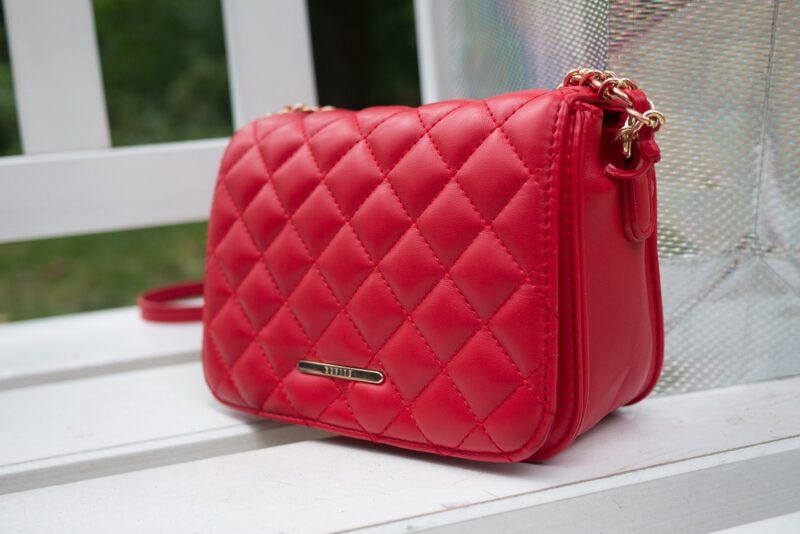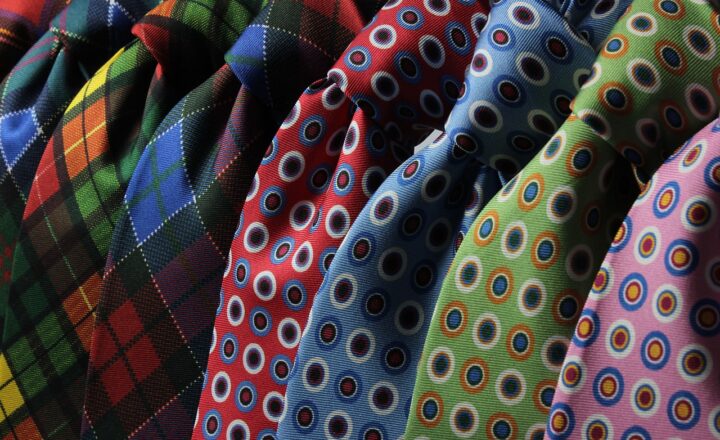How Louis Vuitton Maintains Its Status as the World’s Most Desirable Luxury Brand
November 14, 2024

Louis Vuitton, the iconic luxury brand founded in 1854, has established itself as a symbol of elegance, craftsmanship, and unwavering prestige. Maintaining its status as the world’s most desirable luxury brand is no small feat; it requires a finely tuned balance of tradition, innovation, exclusive brand image, strategic marketing, and understanding the changing dynamics of consumer behavior.
1. A Legacy of Craftsmanship
Louis Vuitton’s rich heritage in craftsmanship is unparalleled. The brand started with a focus on creating high-quality trunks for the French aristocracy, a practice that has evolved but remains deeply embedded in its identity. Each Louis Vuitton product undergoes rigorous quality checks, ensuring that it meets the highest standards of craftsmanship and durability.
Today, the brand employs artisans who are experts in leather craftsmanship, allowing it to produce bags and goods that not only last a lifetime but also age gracefully. This commitment to quality helps Louis Vuitton foster a sense of trust and loyalty among its customers.
2. Exclusive Marketing Strategies
Louis Vuitton excels at creating a marketing strategy that exudes exclusivity. The brand often uses scarcity as a marketing tool; limited production runs or collaborations generate hype and desire. For example, exclusive capsule collections or new designs launched during fashion weeks compel customers to act quickly for fear of missing out.
Moreover, the luxury brand avoids traditional advertising and instead invests in high-impact campaigns, hiring renowned photographers and celebrities for its ads. This high-profile visibility, combined with exclusivity, reinforces the brand’s luxurious aura.
3. Collaborations with Contemporary Artists
In a bold move that intertwines art and fashion, Louis Vuitton has collaborated with a range of contemporary artists including Takashi Murakami and Yayoi Kusama. These collaborations not only attract new customers but also keep the brand relevant among younger consumers.
By blending art with fashion, Louis Vuitton creates unique, collectible items that showcase its creative adaptability. The crossover appeal of these collaborations often results in an explosion of media coverage, further solidifying its status as a trendsetter.
4. Digital Innovation and E-commerce
In today’s digital age, Louis Vuitton has successfully embraced e-commerce without sacrificing its brand integrity. The brand’s official website is as much an experience as it is a shopping destination. The online inventory is curated to ensure it reflects the luxury experience customers expect.
Louis Vuitton also uses social media platforms like Instagram to create storytelling around its products, showcasing not just the items but the lifestyle they represent. By engaging customers in a digital environment where they can interact with the brand, Louis Vuitton remains connected to its audience while reaching new demographics.
5. Investing in Sustainability
As consumers become increasingly aware of environmental issues, luxury brands must adapt to meet this demand for sustainability. Louis Vuitton has initiated multiple programs aimed at reducing its carbon footprint, using sustainable materials, and adhering to ethical sourcing protocols.
By investing in sustainability, Louis Vuitton not only positions itself as a socially responsible brand, but it also attracts a customer base that values eco-conscious products. This forward-thinking approach enables the brand to evolve with changing consumer priorities and maintain its allure.
6. Customer Experience: The Heart of Luxury
A significant reason for Louis Vuitton’s sustained desirability is its emphasis on customer experience. Luxurious store environments, personalized services, and exclusive membership programs create a shopping experience that is not merely transactional but relational.
Sales associates are trained to provide exceptional service, assisting customers with bespoke offerings and personalized products. This attention to detail enhances customer satisfaction and encourages brand loyalty, turning first-time buyers into lifelong aficionados.
7. Understanding the Global Market
Louis Vuitton is adept at navigating global markets, understanding cultural nuances, and successfully tailoring its strategies to different regions. Whether tapping into the Asian luxury market or reimagining its product offerings for Western consumers, the brand showcases a level of cultural sensitivity that fosters a deep connection with diverse customer bases.
This global approach allows Louis Vuitton to maintain its status as a universal symbol of luxury while respecting and integrating local tastes and preferences.
Conclusion: The Everlasting Allure of Louis Vuitton
Louis Vuitton has built its empire on craftsmanship, exclusivity, innovation, and the ability to adapt to changing market dynamics. Its mastery of brand storytelling, strategic marketing, and commitment to sustainable practices all contribute to its status as the world’s most desirable luxury brand.
As the luxury landscape continues to evolve, Louis Vuitton’s dedication to preserving its heritage while innovating for the future will ensure its allure remains timeless. Whether you’re investing in a classic monogram bag or exploring a trendy collaboration, choosing Louis Vuitton is not just a purchase; it’s an experience steeped in luxury and legacy.








